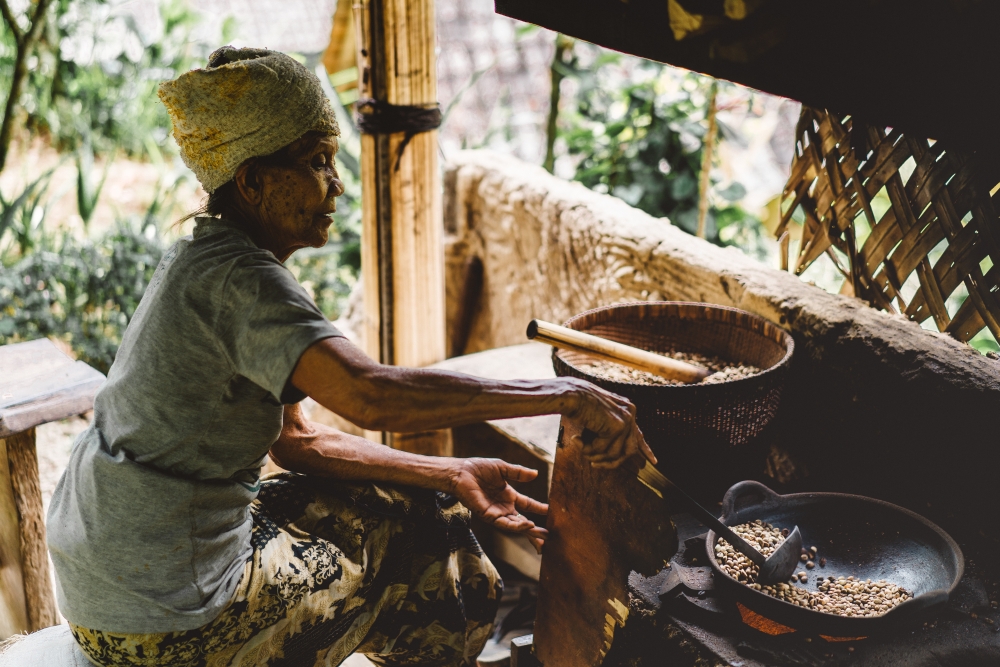Ending discrimination against indigenous women will end hunger

The Director-General of the Food and Agriculture Organization (FAO) has called for an end to discrimination against indigenous women, arguing that this will also end poverty.
Speaking at the recent Forum on Indigenous Women in Mexico City, Mr. Jose Graziano da Silva, said this group of women face discrimination from all quarters:
"Indigenous women face a triple discrimination comprising poverty, gender and ethnicity both within and outside their communities, making them highly vulnerable. Their social and economic empowerment is not only an excellent way to support them, but a necessary condition to eradicate hunger and malnutrition in their communities".
As a result of this discrimination, indigenous women are far more likely to face higher rates of illiteracy, poverty and malnutrition.
According to the FAO, there are 370 million people in the world who identify as indigenous. In the Latin America and Caribbean region where the Forum was taking place, the number of indigenous peoples accounts for 8.3 percent of the population, but overall they represent 15 percent of those in poverty.
Mr. da Silva went on to say that indigenous women are key to protecting biodiversity and adapting to climate change as they have special expertise in these areas. They are also “seed guardians”, able to pass on their ability to combat hunger and diversify diets.
"With political will, we can put an end to discrimination against indigenous women"
In response to these challenges the FAO, in its capacity as the United Nations’ special agency to fight hunger, is launching a new campaign called 'Make them visible, empower them'.
It has also set up various programmes around the world. These include creating leadership schools to encourage indigenous women to participate in public life; promoting knowledge of governance and land rules; helping local groups assert their rights and using indigenous knowledge of wildlife to reverse environmental damage.
More information on this work can be found here.
Image Credit: Joshua Newton
If you’d like to stay informed on the latest updates in aid and development, please sign up to the AIDF newsletter.















